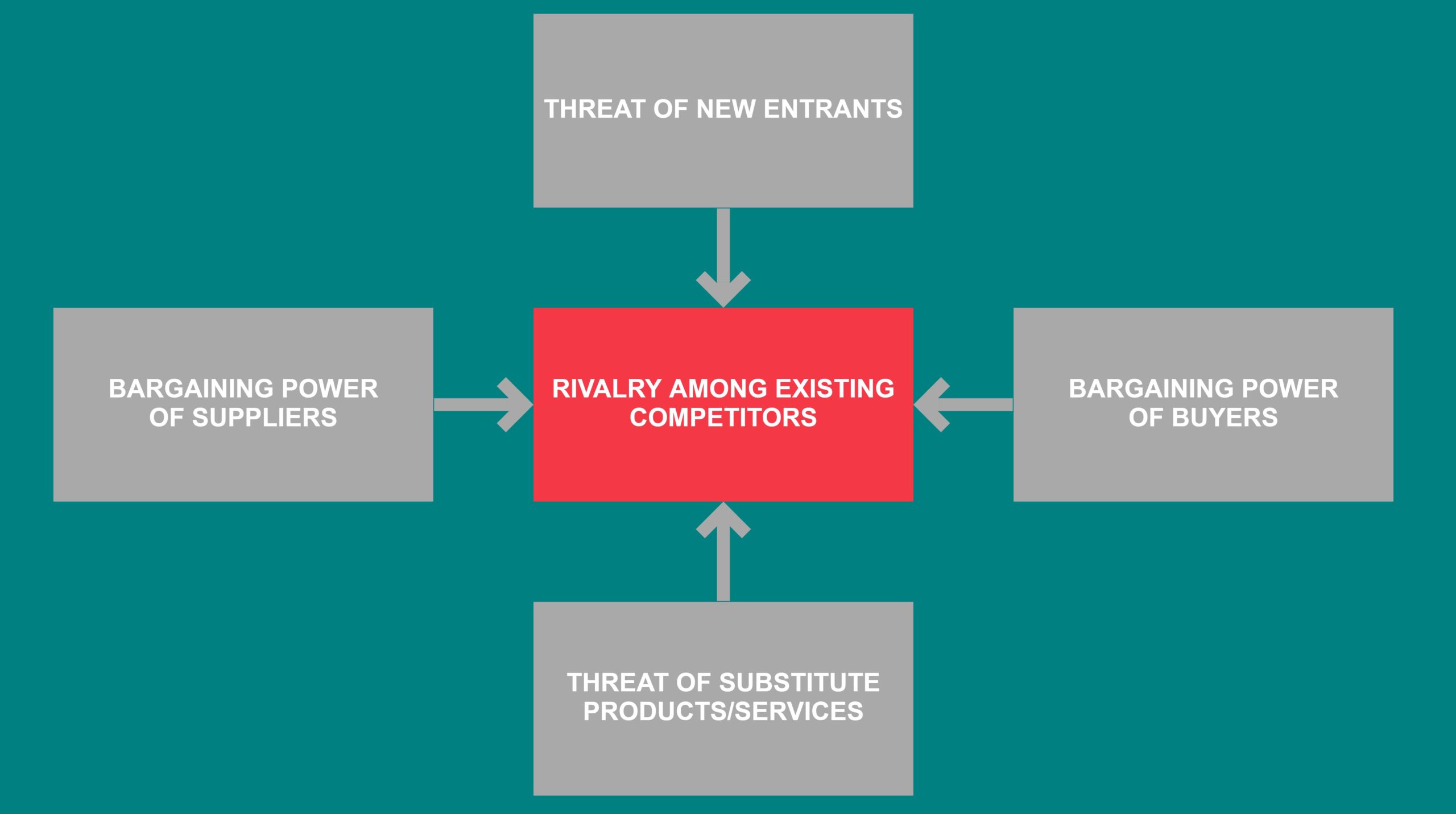Introduction
Workers’ compensation is a critical safety net for employees who suffer work-related injuries or illnesses. This insurance program provides medical benefits and wage replacement to injured workers, while also protecting employers from lawsuits related to workplace incidents. Navigating the complexities of workers’ compensation claims can be challenging for both employees and employers. This article aims to provide a comprehensive overview of workers’ compensation, including how to file a claim, what benefits are available, and common challenges that may arise.
Understanding Workers’ Compensation
1. The Purpose of Workers’ Compensation
Workers’ compensation is designed to ensure that employees who are injured or become ill as a result of their job receive necessary medical care and financial support. It also aims to minimize disputes between workers and employers by providing a predetermined process for handling workplace injuries.
2. Coverage and Eligibility
Most employees are covered by workers’ compensation, including full-time, part-time, and seasonal workers. However, coverage specifics can vary by state, and some categories of workers, such as independent contractors, may not be covered. To be eligible for workers’ compensation benefits, the injury or illness must be work-related, meaning it occurred while performing job duties or as a result of the work environment.
Steps to Filing a Workers’ Compensation Claim
1. Immediate Action After an Injury
If you are injured on the job, the first step is to seek medical attention immediately. Prompt treatment is crucial for health and establishes a record of the injury. In some cases, employers may have designated healthcare providers that injured employees must visit.
2. Notifying Your Employer
After receiving medical attention, it’s important to notify your employer about the injury as soon as possible. Each state has specific deadlines for reporting workplace injuries, and failing to report within this timeframe can jeopardize your eligibility for benefits.
3. Filing the Claim
Your employer should provide you with the necessary forms to file a workers’ compensation claim. This paperwork must be completed accurately and submitted promptly. The claim will be reviewed by the employer’s workers’ compensation insurance carrier, who will determine eligibility and the benefits to be provided.
4. Medical Examination and Treatment
Once a claim is filed, the insurance company may require an independent medical examination (IME) to assess the extent of the injury. Ongoing medical treatment and follow-up appointments are often necessary, and it’s important to keep detailed records of all medical visits and treatments received.
5. Receiving Benefits
Workers’ compensation benefits typically include coverage for medical expenses, rehabilitation costs, and partial wage replacement. The amount and duration of wage replacement benefits depend on the severity of the injury and state laws. In cases of permanent disability, additional benefits may be available.
Common Challenges in Workers’ Compensation Claims
1. Claim Denials
Claims can be denied for various reasons, such as insufficient evidence that the injury is work-related or failure to meet reporting deadlines. In such cases, it is possible to appeal the decision through a formal process that usually involves a hearing before a workers’ compensation board or judge.
2. Disputes Over Benefits
There may be disagreements over the type or amount of benefits provided. These disputes often involve the extent of the injury, the necessity of certain medical treatments, or the level of disability. Legal representation can be helpful in resolving these disputes.
3. Retaliation Concerns
Some employees fear retaliation from employers after filing a workers’ compensation claim. It’s important to note that it is illegal for employers to retaliate against employees for seeking workers’ compensation benefits. Any suspected retaliation should be reported to the appropriate authorities.
Conclusion
Workers’ compensation is a vital resource for employees injured on the job, providing financial support and access to necessary medical care. Understanding the process of filing a claim, knowing your rights, and being aware of potential challenges can help ensure that you receive the benefits to which you are entitled. If you encounter difficulties or disputes during the claims process, seeking legal advice can be beneficial in navigating the complexities of workers’ compensation law.
FAQs
- What is workers’ compensation?
Workers’ compensation is an insurance program that provides medical benefits and wage replacement to employees who suffer work-related injuries or illnesses. - Who is eligible for workers’ compensation?
Most employees, including full-time, part-time, and seasonal workers, are eligible. Independent contractors and other specific groups may not be covered. - What types of injuries are covered by workers’ compensation?
Injuries or illnesses that occur as a result of job duties or the work environment are typically covered, including repetitive stress injuries, occupational illnesses, and traumatic injuries. - How do I file a workers’ compensation claim?
Notify your employer immediately after an injury, seek medical attention, and complete the necessary claim forms provided by your employer. - What benefits does workers’ compensation provide?
Benefits generally include medical expenses, rehabilitation costs, and partial wage replacement. In cases of permanent disability, additional compensation may be provided. - Can a workers’ compensation claim be denied?
Yes, claims can be denied for reasons such as insufficient evidence, failure to report the injury on time, or disputes over the injury’s work-relatedness. - What should I do if my claim is denied?
If your claim is denied, you can appeal the decision. It may be helpful to consult with a workers’ compensation attorney to assist with the appeal process. - Can I be fired for filing a workers’ compensation claim?
No, it is illegal for employers to retaliate against employees for filing a workers’ compensation claim. Retaliation can be reported to state labor authorities. - What happens if my employer doesn’t have workers’ compensation insurance?
Employers are required by law to have workers’ compensation insurance. If they do not, you may still be able to receive benefits through a state-managed fund or by taking legal action against the employer.
